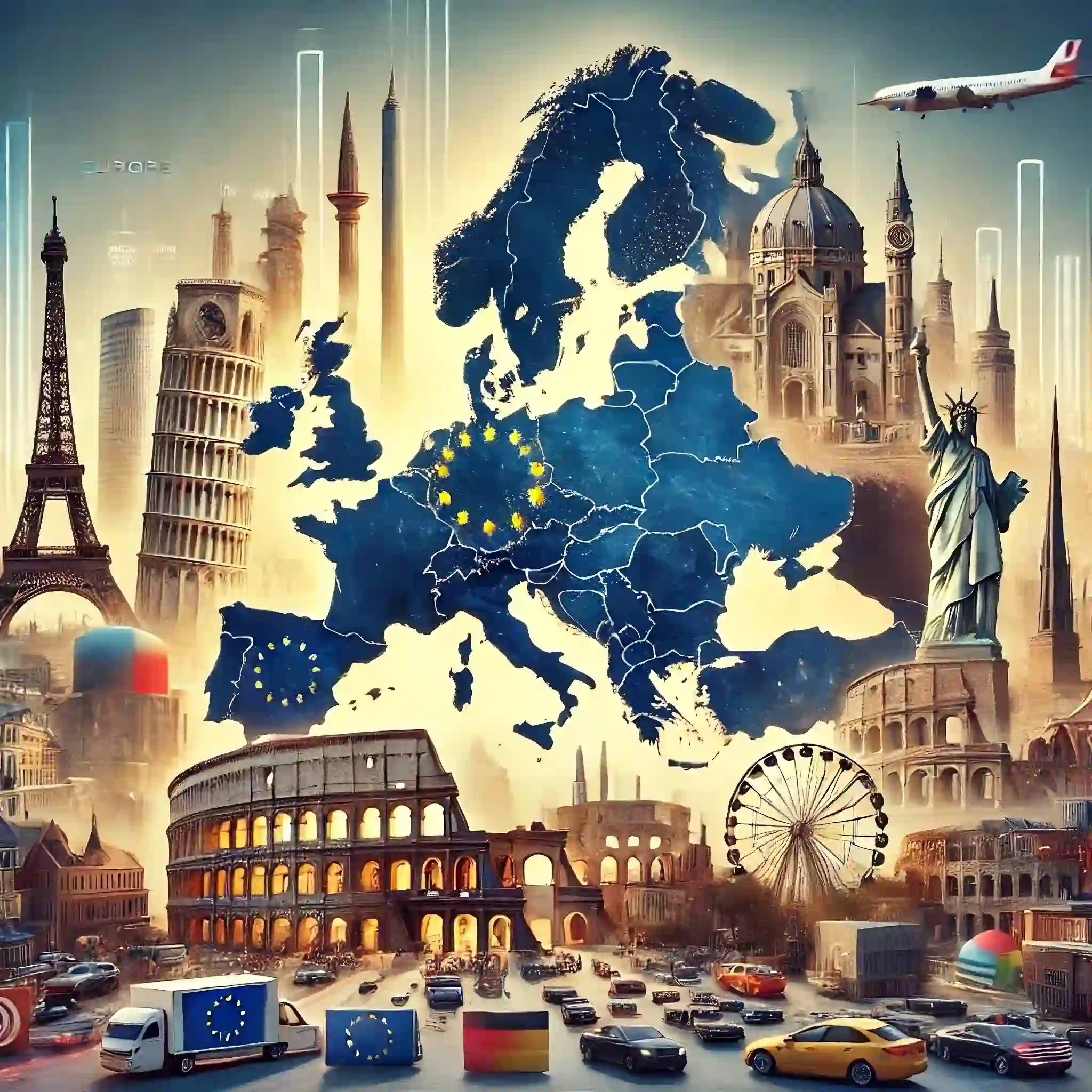Every time we look at the innovation coming from the U.S.—whether it’s Tesla’s electric cars, Microsoft’s game-changing software, or Walmart’s retail dominance—I can’t help but wonder: why doesn’t Europe have anything like this?
Sure, Europe has its giants. Airbus, Volkswagen, Siemens—they’re solid, reliable, and good at what they do. But let’s be honest: none of them are reshaping the future like Elon Musk’s Tesla, Satya Nadella’s Microsoft, or Doug McMillon’s Walmart.
This isn’t just a coincidence. Europe’s failure to create transformative tech giants is a symptom of deeper issues.
Europe’s Obsession with Playing It Safe
Let’s start with the obvious: Europe is obsessed with stability. The banking system prefers to fund “safe bets.” Need capital for an innovative startup? Good luck. Unless you’re operating in a traditional sector—like manufacturing or real estate—European banks don’t want to know you.
Compare that to the U.S., where venture capitalists throw billions at startups with ideas so crazy they might just work. If Tesla had been a European company, would it even have gotten off the ground? Probably not.
Europe loves to talk about innovation, but when it comes to actually taking risks, the continent falters.
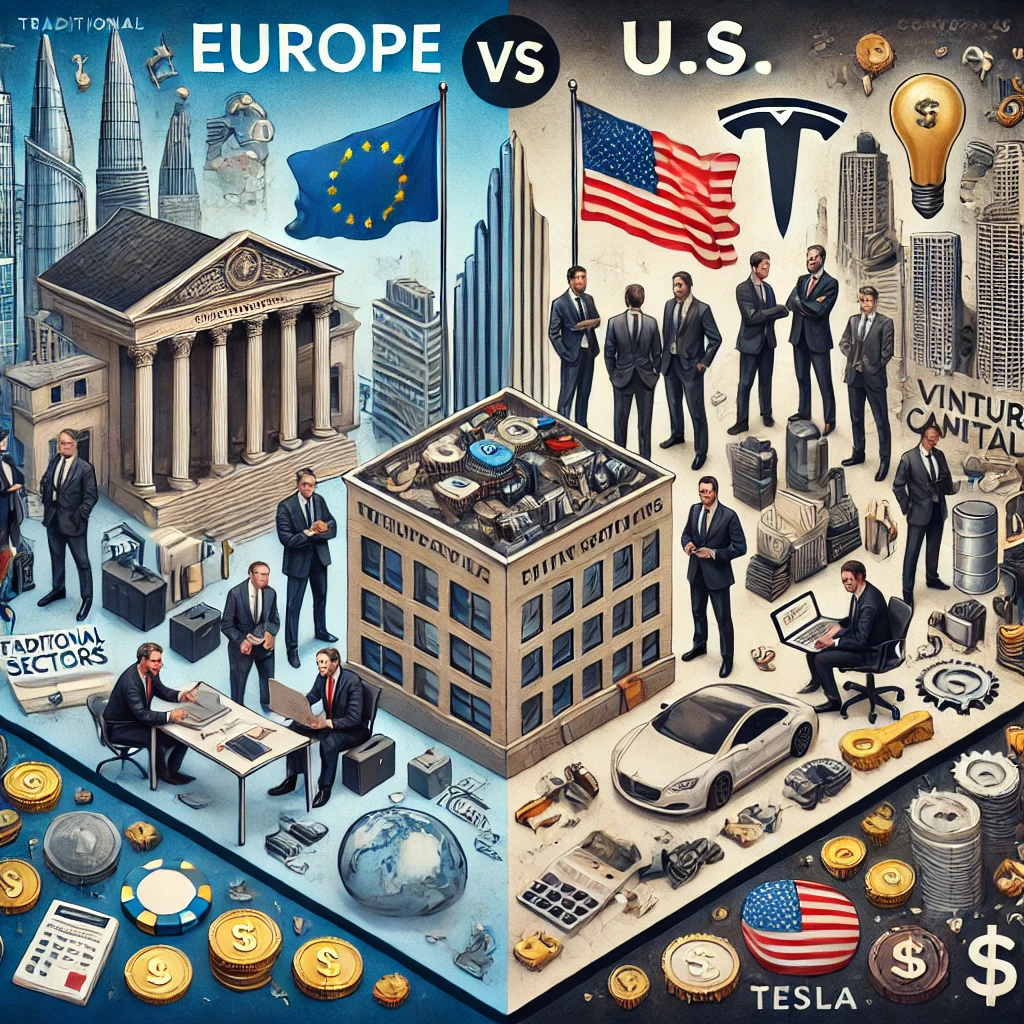
Failure is a Dirty Word
One thing I’ve noticed about Europe is the stigma around failure. In the U.S., failing at a startup is almost a badge of honor. “Oh, your first company didn’t work out? What’s your next idea?” That’s the mindset in Silicon Valley.
In Europe? Fail once, and you’re done. Your career, your credibility—it’s all on the line. This creates a culture where people don’t dare to dream big because the cost of failure is too high. And let’s be real: you don’t create the next Tesla or Nvidia without risking spectacular failure along the way.
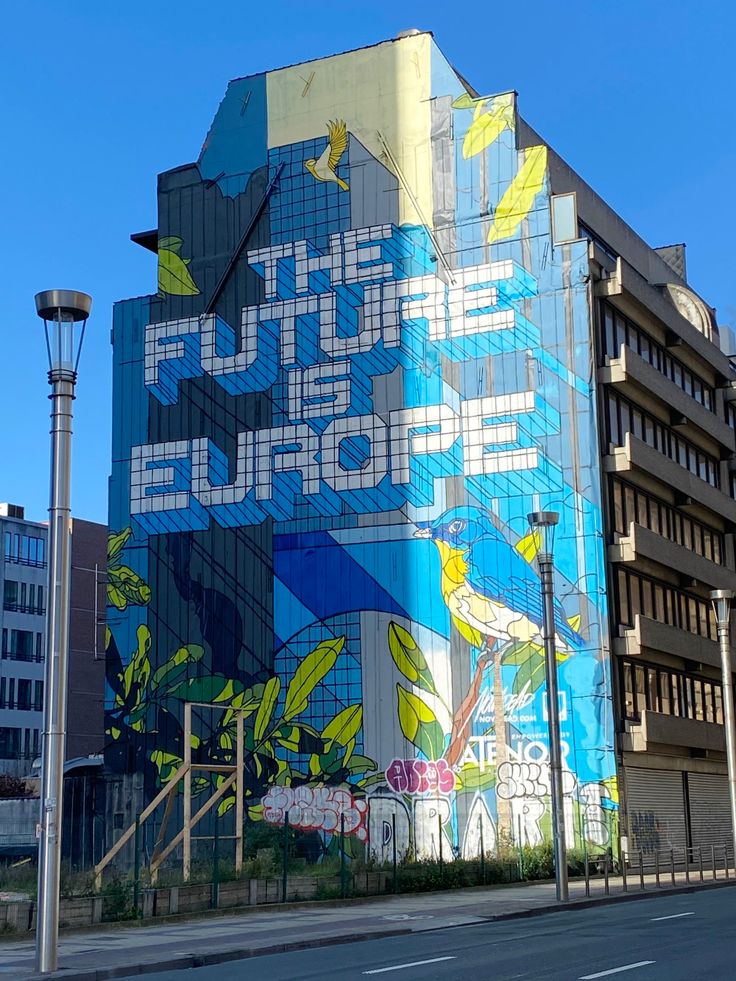
Bureaucracy is Killing Ambition
Then there’s the issue of fragmented markets. Europe isn’t one big, unified economy—it’s a patchwork of countries with different languages, regulations, and tax systems.
Imagine starting a company in France. You get a foothold in your home market, but when you try to expand to Germany, you hit a wall of red tape. Want to go into Italy? Good luck navigating their bureaucracy. Meanwhile, a U.S. startup can scale across 50 states without breaking a sweat.
Spotify, one of the few European tech success stories, has openly said that Europe made their growth hell. If even they struggled, what chance does the average startup have?

Over-Regulation: The Silent Killer
Now, I get it—some regulation is necessary. But Europe takes it too far. The European Union seems more focused on protecting small players than fostering innovation.
Think about GDPR. It’s a noble idea—protecting user privacy is important. But the way it was implemented made it nearly impossible for small startups to comply. Big companies like Google and Facebook can afford to deal with these regulations. A scrappy startup in Amsterdam? Not so much.
By trying to “level the playing field,” Europe has actually tilted it further in favor of the giants.
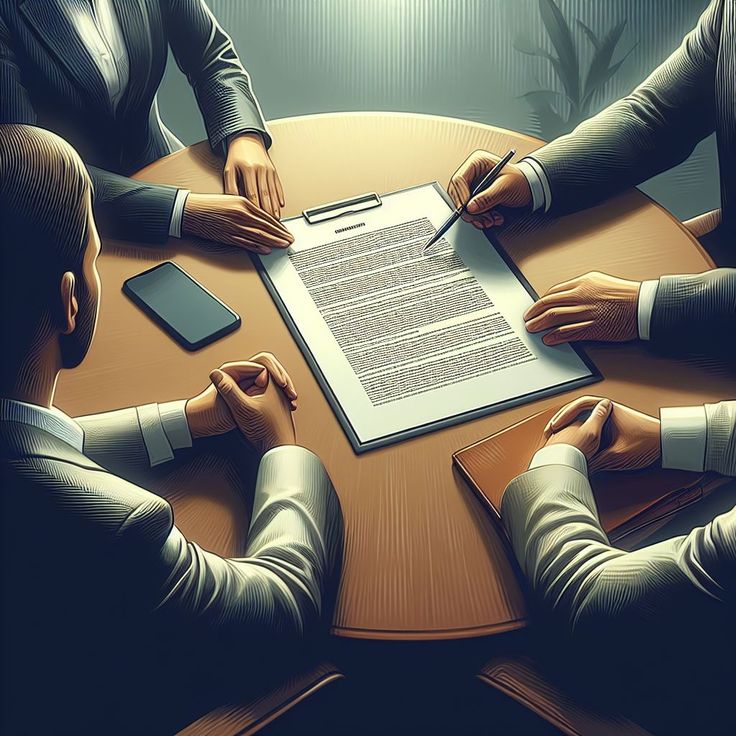
Does Europe Even Want to Compete?
Here’s a question we need to ask: does Europe even want to be a leader in tech?
The U.S. tech giants are driven by founders with a fire to dominate the world. Elon Musk didn’t build Tesla to sell a few cars in California—he wanted to revolutionize transportation globally. Jensen Huang didn’t create Nvidia just to make a better graphics card—he wanted to change how we think about computing.
In Europe, there’s a sense of complacency. The old industries—automotive, aerospace, and finance—are still doing well. Why rock the boat?
But here’s the thing: the future isn’t going to wait for Europe to get its act together.
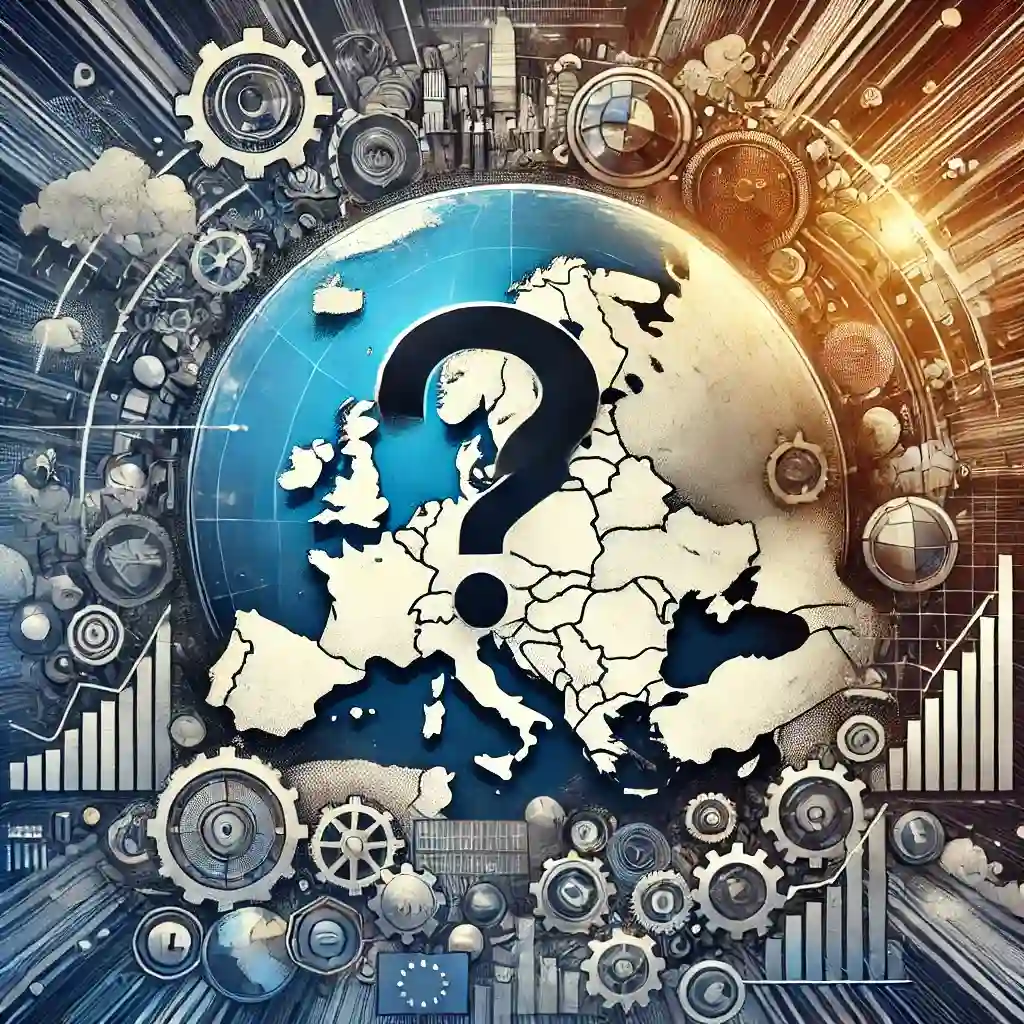
So, What’s the Solution?
Europe needs a mindset shift. It needs to stop clinging to the past and start embracing the future. That means encouraging risk-taking, making it easier for startups to scale, and creating a culture where failure is seen as a stepping stone, not a dead end.
It’s not going to be easy. Breaking out of this comfort zone never is. But if Europe doesn’t change, it risks being left behind.
A Final Thought
The next time you order something on Amazon, watch a video on YouTube, or marvel at Tesla’s latest innovation, ask yourself: why wasn’t this born in Europe?
Until Europe stops playing it safe and starts betting on bold ideas, the tech world will continue to look to the U.S.—not Europe—for the future.




